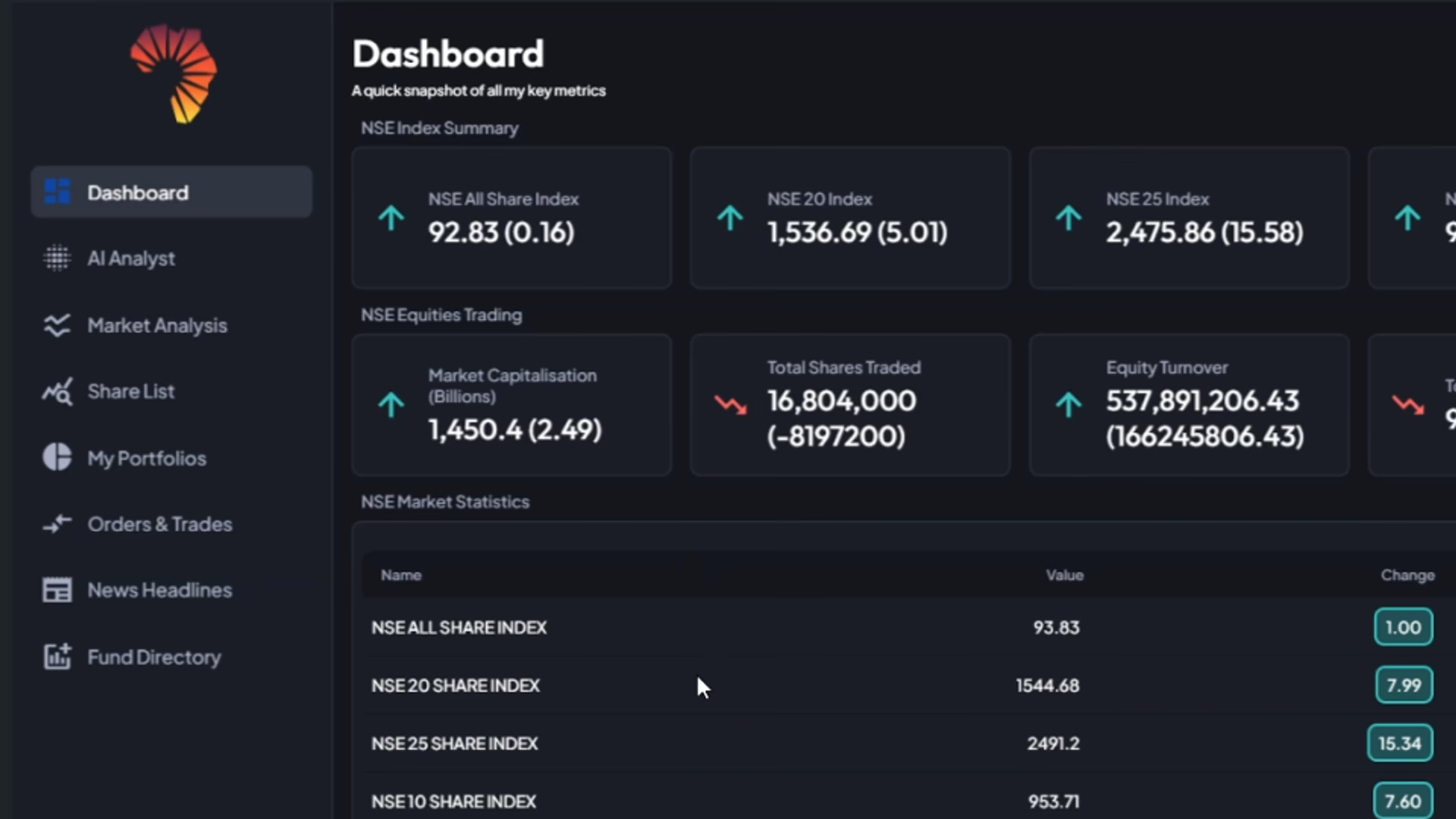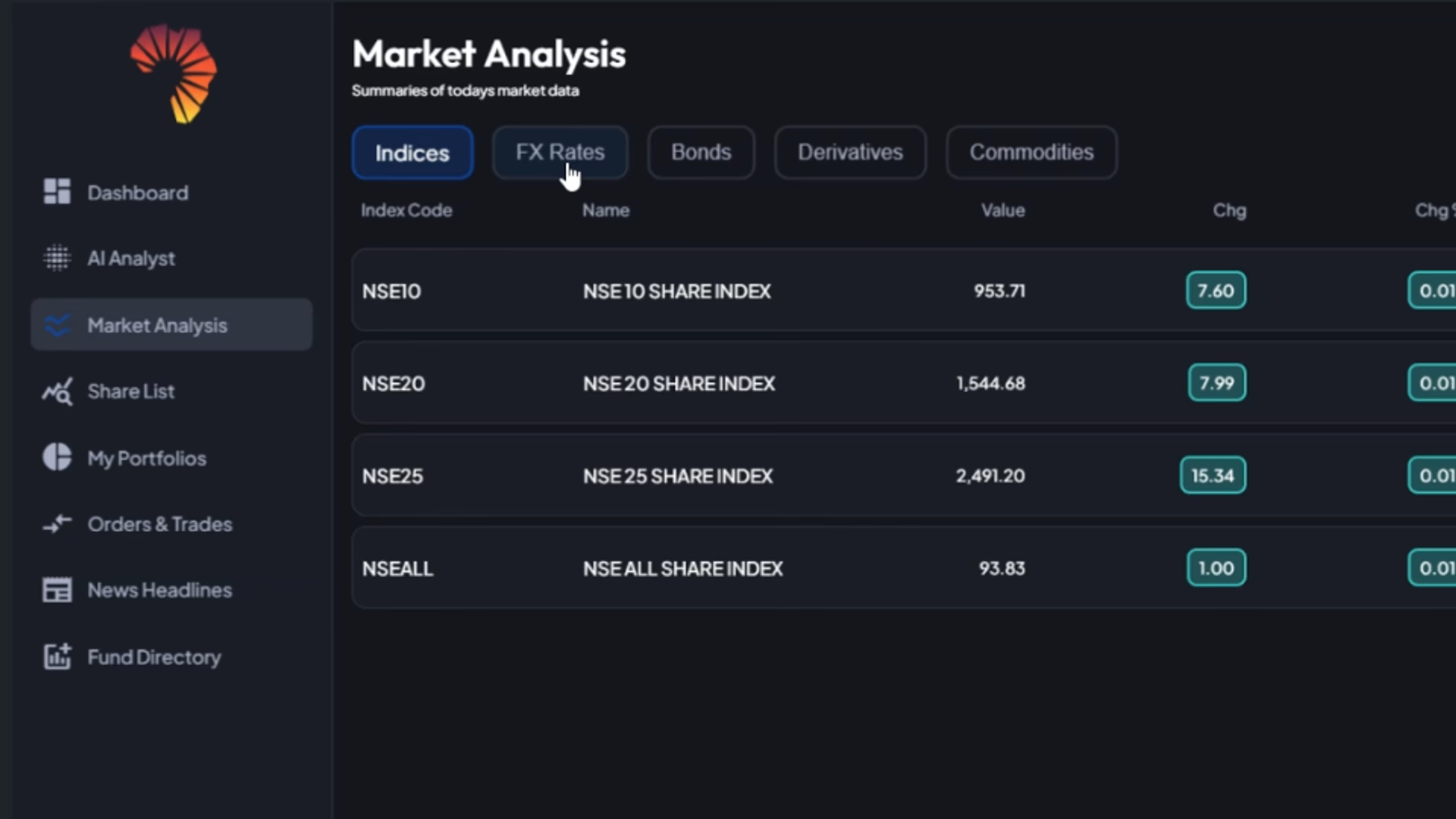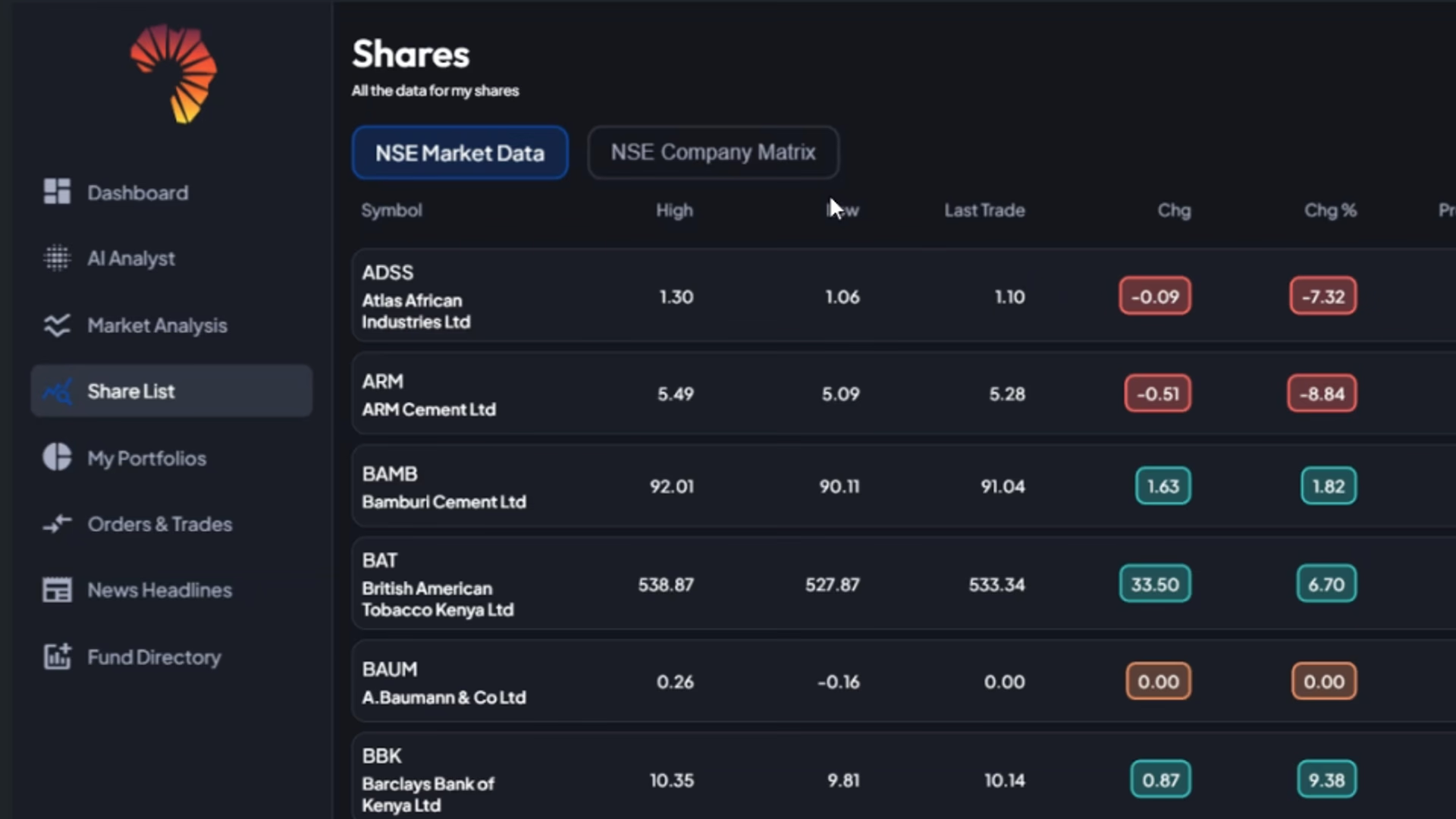The revenue from Internet advertising is projected to overtake traditional TV from 2026, a new study by Price Waterhouse Coopers indicates.
In Kenya, rapid gains in internet advertising will mean that, by 2026, this segment will be just USD1.2 million behind traditional television and home video, paving the way for internet advertising to overtake this segment in later years.
The Africa Media and Entertainment Outlook 2022-2026 notes that Music and radio will overtake newspaper and consumer magazines in 2023, driven by gains in traditional radio advertising revenue. Video games will also overtake newspapers and consumer magazines in the same year. Despite the shifts, Internet access will remain the largest segment in Kenya’s Entertainment and Media (E&M) market across the forecast period.
“From an advertising perspective, it is the internet advertising segment which will see the largest gains in revenue terms across the five-year forecast period to 2026. This is a trend seen across South Africa, Nigeria and Kenya, and also at the global level,” noted PwC report.
In South Africa for instance, 79.7 per cent of Entertainment and media revenue gained through to 2026 will come from Internet Advertising and Internet access, as consumers and advertisers prioritise digital.
Across Kenya, South Africa and Nigeria, the Internet advertising sector will be driven by the mobile sub-segment, as is the case globally. At a global level, mobile display will be the largest contributor to overall revenue added to the segment through to 2026, but in Nigeria and Kenya, it is mobile search that will see the largest gains. In South Africa, mobile search and mobile display will add similar levels of revenues to overall segment growth to 2026.
The shift in revenue platforms is driven by data consumption, which is continuing to grow rapidly across the world, and African markets are no exception.
Mobile phones are the most popular format globally for data consumption, ahead of other devices category, which counts data consumed via devices such as smart TVs and games consoles, and the portable devices category, which includes laptops and tablets.
Meanwhile, fixed broadband take-up in Nigeria and Kenya is very low, with household penetration at just 6.5 per cent and 7.0 per cent in 2021, respectively, compared with a global average of 72.7 per cent. Connectivity is constrained by underdeveloped infrastructure, meaning the quality and speed of fixed broadband is less reliable, and consumers have instead turned to cheaper mobile packages.
The rollout of 5G will help to drive mobile Internet penetration in Kenya, South Africa and Nigeria in the next five years.
Safaricom is expected to roll out commercial 5G networks in 2022, having begun trials in 2021 along with its rival Airtel. In mid-2022, the Kenyan Communications Authority agreed a deal with China’s Huawei to develop 5G networks in Kenya.
“As we look ahead to 2023 and beyond, the Entertainment and Media industry will strive to maintain its balance in a landscape driven by fault and fractures. But the overall growth path is both clear and strong. Over time, the increasing availability of compelling E&M content, services and experiences will attract a greater share of consumers attention.”
Pandemic causes KSh 20 billion dip in advertising spend (kenyanwallstreet.com)





